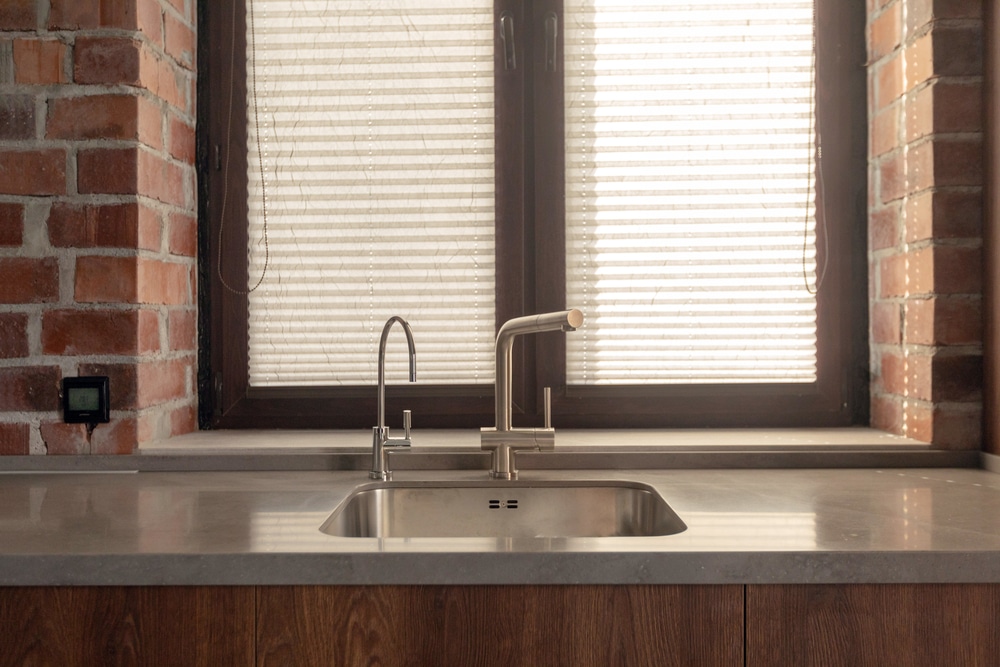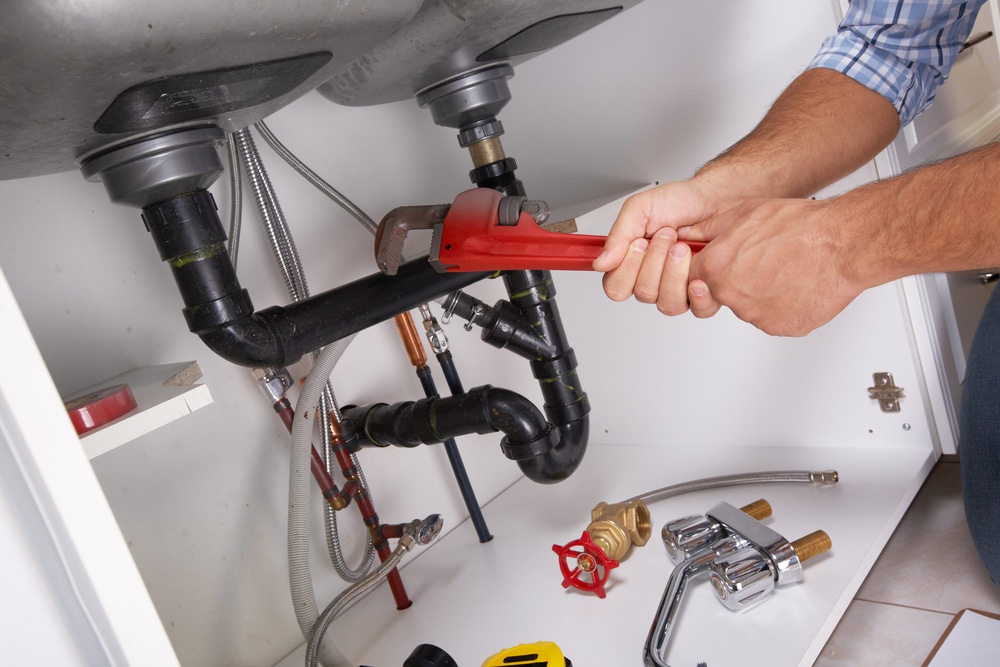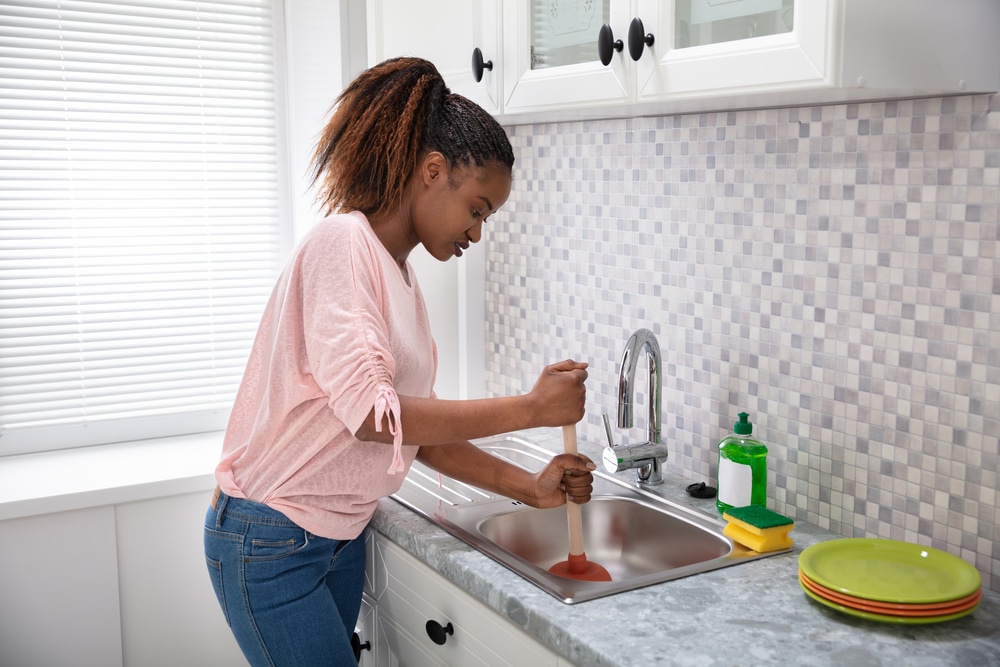
Common Culprits Behind Kitchen Sink Clogs
Food Scraps
You could probably guess this one. Food scraps that find their way down your sink drain and not your garbage disposal build on one another and create issues. Some foods expand as they absorb water, such as rice, potatoes, or pasta, and can cause a sort of delayed sink clog.
Fats, Oils, and Grease
Not even garbage disposal can save you from these menaces in the kitchen. Don’t dispose of grease down your pipes. It will show itself later in the form of stubborn clogs that homeowners lose sleep over.
Paper Towels
Paper napkins or towels are really easy to get away from you. It may seem like they’re practically dissolving, but it’s not the case. You’re setting yourself up for future clogs when you ignore paper products going down your kitchen drain.
Table of Contents
Coffee Grounds
There is some food debris that shouldn’t be put down garbage disposals or sinks. Coffee grounds are one of those foods.
They will go down easily at first, but they will continue to catch and build up, much like they do on an actual coffee filter. Coffee grounds really belong on a compost pile.
Boiling Water and Kitchen Grease
Perhaps you’re used to putting cooking grease down your kitchen sinks while you run hot water and dish soap. That may work temporarily, but think about what happens when you leave the kitchen grease sitting in a pan for an hour or so until it cools. It hardens. That’s exactly what happens in your pipes, and it’s why you end up with a clogged sink. The boiling water simply postpones the issue.
The Role of a Garbage Disposal in Kitchen Sink Clogs
Garbage disposals can prevent clogs a lot of the time. They work by crushing your leftovers into food particles small enough that they can pass through the water waste system with no issues.
There are a few food items you should never put into a garbage disposal. Fibrous vegetables such as celery, coffee grounds and grease (which we’ve already discussed), potato peels, bones, and fruit bits all belong in the trash or a compost pile rather than in your drains.
How to Unclog Your Kitchen Sink
Clear The Trap
The P trap is the curved pipe beneath your kitchen or bathroom sink. The main purpose of a P trap is to contain the dangerous sewer gases inside the wastewater system so that they can’t come back up through the drain. Unfortunately, food can easily get trapped down there as well.
However, don’t despair. This is a pretty easy fix. Place a disposable container or a bucket underneath the P trap, loosen the holds, and let it drain. The block may need a little convincing, but a piece of silverware or coat hanger will do the trick.
Use a Plunger
This only works if you have standing water in the sink. If this doesn’t describe your issue, move on to a different method.
You probably know how to use a plunger because plunging a sink is the same idea as plunging a toilet. Plung until the water drains, which indicates that the blockage has moved.
Use Vinegar & Baking Soda
This is a very simple 4-step process that can help with some of those clogged drains without all the hassle and expense.
Step 1: Boil a pot of water and pour it down the sink in question.
Step 2: Pour one cup of baking soda mixed with one cup of water or white vinegar down your drain.
Step 3: Cover the drain and wait 5-10 minutes.
Step 4: Pour more boiling water down the sink and watch it drain!
This method doesn’t prevent future clogs, nor does it fix a really tough blockage, but it is certainly worth trying before calling an expensive plumber.
Reset Garbage Disposal
Sometimes, the drain clogs simply because the garbage disposal isn’t operating well. A reset and a cleaning are worth the investment. Even if that doesn’t resolve the issue, you’ve done some maintenance that is only beneficial.

Conclusion
Drains clog. It’s a part of life. There are ways we can help keep our pipes cleared – foods we can avoid, maintenance we can take part in – but being equipped in case we do end up with a clogged kitchen sink is so important.
Having these few methods under your belt will help you be ready for clogs that come your way and help you have discernment about the severity of the problem.
Don’t hesitate to call a professional if you feel the issue is out of your depth. It is better to rest assured that the problem is being handled well than potentially make it worse and cost yourself so much money and heartache.

